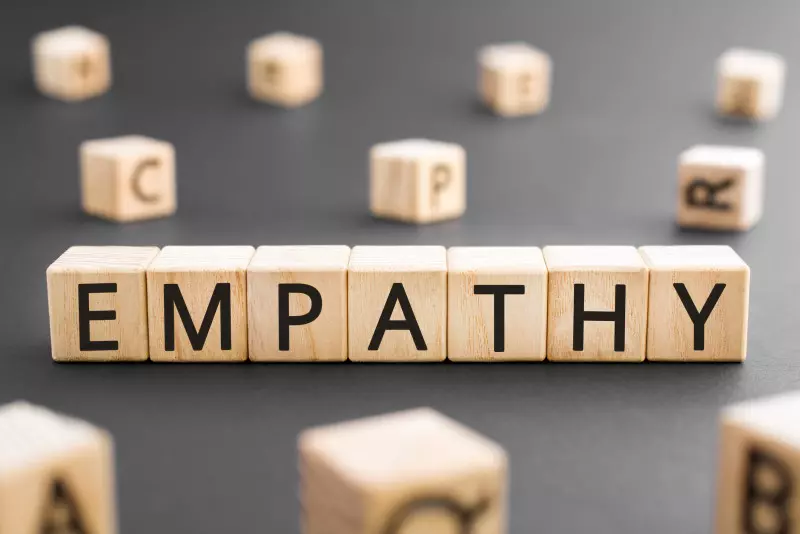Trust is the foundation upon which the world is built and works. Without trust, mankind would never have come out of the stone age in the first place.
Our whole social and economic structure is based upon trust. Civilization would surely collapse without it! Granted, although trust is important in every relationship, its value and importance is of the utmost when it comes to being a leader, whether that’s running a company or working well with a team.

Trust = Empowering Leadership
Contrary to popular belief, leadership is not about the leader, it’s about the people that support a leader. People accept leaders who bring with them a sense of empowerment and hope, and those feelings linger even in their absence. In simple words, this is empowering leadership.

What Makes Someone Trustworthy?
According to research, a person needs to have 3 specific qualities for them to be considered trustworthy by others. These qualities are Logic, Empathy, and Authenticity.
Without these three qualities, there can be no trust between two people, whether in a professional and a private setting. For an empowering leader, these 3 qualities are a given, otherwise no one would be willing to consider them as their leader. If there’s an inability to develop trust, or a loss of trust, both situations can be linked back to whether or not the leader was empowering or not.
For a leader to develop empowering qualities, they need to first identify their wobble. Your wobble is what comes between you and developing the qualities needed to become a trustworthy leader. What’s stopping you? This determines your wobble––it’s what’s most likely to fail at any moment in time.
Next you should identify which of these qualities you already possess. These are your innate qualities––something you naturally have and don’t have to work too hard to cultivate. Below, we’ll dive more into the cornerstone of trust in deeper detail.

Logic
People are more likely to trust you when they have faith in your judgement and reasoning abilities, and believe that you’re a logical person. There are two parts of logic––quality of logic, and how clearly you can explain this logic to others. If your thoughts are jumbled up and unclear in your own head, how can you ever hope to be a leader and convince others to follow your lead? Similarly, if your logic isn’t sound, why would anyone agree with you and follow your lead?

Empathy
The most commonly known quality, but perhaps not the most commonly found among people, is empathy. When people feel like you care about them, that you’re invested with them in their joys and suffering, that’s when people feel the most comfortable with you. Empathy is the most common wobble––human beings can rarely be truly selfless.
You can get distracted by something else in your orbit, and the people around you could feel ignored. This can give rise to feelings of abandonment in them and give rise to the thought that you don’t care about them or what they have to offer. For proper trust building, a leader needs to be fully present wherever they are.

Authenticity
It’s an old cliche, but it still rings true: people are more likely to trust you when they feel like they know the real you. Authenticity cannot be practiced or learned––you are either an authentic person or you’re not. It can be hard to be your authentic self in a room full of people who are not your friends––however, that is absolutely the job of a true leader.

Do You Embody the Triangle of Trust?
Leadership is a tough role. That’s why not everyone is a leader. It takes a special kind of person to blaze trails and lead others into new territory. Leaders may have to buck the status quo to succeed. This is true in life and in business. If you feel that you’re lacking in any of the three triangle points of trust, why not commit today to working on improving in those areas? Not only will you become a better leader, you’ll get better at doing business, too.













Leave a Comment
Comments (0)